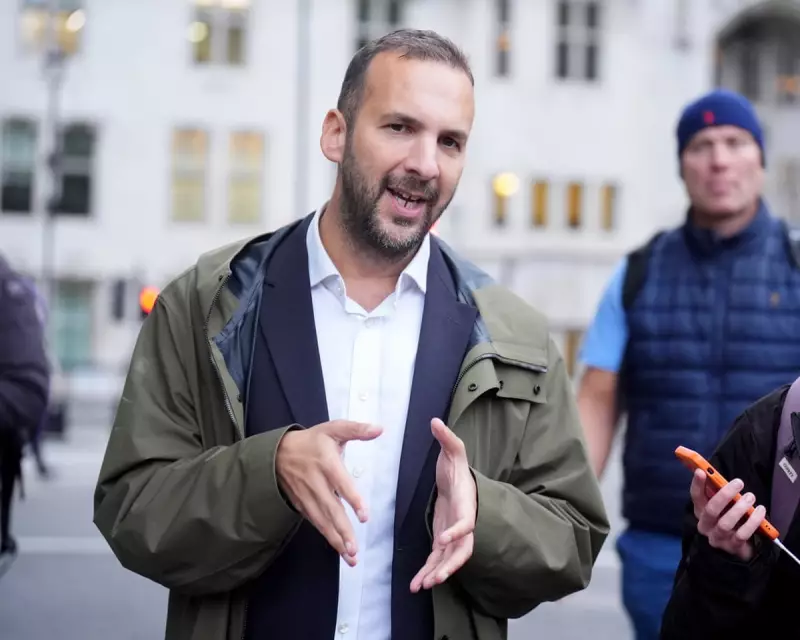
Green Party co-leader Adrian Ramsay has launched a blistering attack on the UK's economic model, declaring that the privatisation of core industries is the primary driver of the nation's crippling cost of living crisis.
In an exclusive interview, Ramsay argued that selling off public assets to profit-driven corporations has created a system where "shareholders are put before bill-payers", leaving ordinary families to foot the exorbitant costs.
The High Price of Private Profit
Ramsay's critique targets the very foundation of Britain's infrastructure. He points to a damning trifecta of failures:
- Energy: Soaring bills that have pushed millions into fuel poverty.
- Water: Companies prioritising shareholder dividends over fixing chronic leaks and sewage spills.
- Rail: A fragmented system delivering poor service for high fares.
"We've created a system that is rigged in favour of corporate profit, not public good," Ramsay stated, connecting the dots between decades of Thatcherite policy and today's financial pain for households.
A Green Blueprint for Economic Reform
The Greens are positioning themselves as the only party offering a radical alternative. Their manifesto pledges include:
- Bringing energy networks and the Big Five water companies back into public ownership.
- Creating publicly-owned energy companies to generate clean power and supply it at a lower cost.
- Reforming the rail system to prioritise affordable, reliable service over profit extraction.
This, Ramsay contends, is not just ideological but practical, offering a clear pathway to lower bills and a more resilient economy.
Political Divides and the Battle of Ideas
The Greens' stance sets them in direct opposition to both the Conservative and Labour leaderships. While Labour has scaled back its own nationalisation ambitions, the Greens are betting that public fury over bills will make their message resonate.
With the next general election on the horizon, this debate is set to become a central battleground, forcing voters to choose between competing visions for who should control the nation's essential services.





